Sarah Whalen is the author of This Doesn’t Mean Anything, the first of four interconnected books in the series. She writes ace-affirming love stories and grumpy girls who learn to let other people in. When she’s not writing or reading, she spends her time journaling and being an angry feminist killjoy.
I had the opportunity to interview Sarah, which you can read below.
First of all, welcome to Geeks OUT! Could you tell us a little about yourself?
Hi! I’m Sarah, a 23-year-old just trying her best. I graduated college in May 2022, and now I write kissing books.
What can you tell us about your debut book, This Doesn’t Mean Anything? What was the inspiration for this story?
This Doesn’t Mean Anything basically functions as a rant/commentary on the things I experienced when I went on dating apps for the first time during my freshmen year of college and how I was treated as a person who wanted a romantic relationship with things like hand holding and cuddling, but just without sex.
As an asexual author, what does it mean for you having written an ace romance?
I wrote the book I wanted to see in the world. We’re lucky now to have more ace representation, but back when I was first figuring out what asexuality was, there was almost nothing. I enjoyed Let’s Talk About Love by Claire Kann, another ace author, and I’m so happy that other ace readers have variety and options for books that make them feel seen now. I also like being able to show people – both aspec and allo – that there is no monolithic asexual. You can be ace and still want a romantic relationship. You can be sex-repulsed and want a romantic relationship. You can be ace and want a sexual relationship. There’s no one “correct” way to be ace, and nothing about what you want relationship-wise invalidates your identity label if YOU think it fits. That’s all that matters, and you don’t have to prove or justify yourself to anyone.
I also desperately wanted to show other sex-repulsed aces that there ARE people in the world who will NOT make them compromise any boundaries, and you don’t have to settle just because you’re afraid of being alone. And that you don’t HAVE to worry about finding another asexual person – allo-ace relationships exist.
As a writer, what drew you to the art of storytelling, specifically romance and new adult fiction?
I’ve always been a big reader and I guess writing was just the next step. I used to carry around sheets of loose-leaf paper and write stories during recess.
As far as new adult romance, I originally wrote and shelved a young adult project, but I think the story I wanted to tell with This Doesn’t Mean Anything just fit the new adult age range (keep in mind that I also wrote both these projects while I was in the age range, so that definitely is the major factor – I think I finished my shelved YA manuscript when I was around 17).
I imagine that as I age, so will my characters and the genres that I write in, but I love the exploration and discovery that comes with new adult characters – they’ve grown up a little bit and kind of know themselves, but there’s always new things that teach us who we are. And there’s always stories to tell, representation to be seen.
How would you describe your writing process?
The majority of This Doesn’t Mean Anything was actually written during my senior year of college. I had a long commute, so in the morning, I would put on my book’s playlist and just think about scenes I wanted to write while stuck in traffic, and when I got to campus, I would just word-dump everything I came up with during the drive. I also write on my phone a lot at night when I can’t sleep or if my chronic pain is flaring up and I can’t be at my desktop.
These days, I light a candle, play music or typing ASMR or use the I miss my cafe website for some ambient noise, have my “Holy Trinity” of coffee/energy drink, water, juice/tea/soda on hand, and I just write what I want. I have a loose outline, but I’m very much a mood reader and a mood writer.
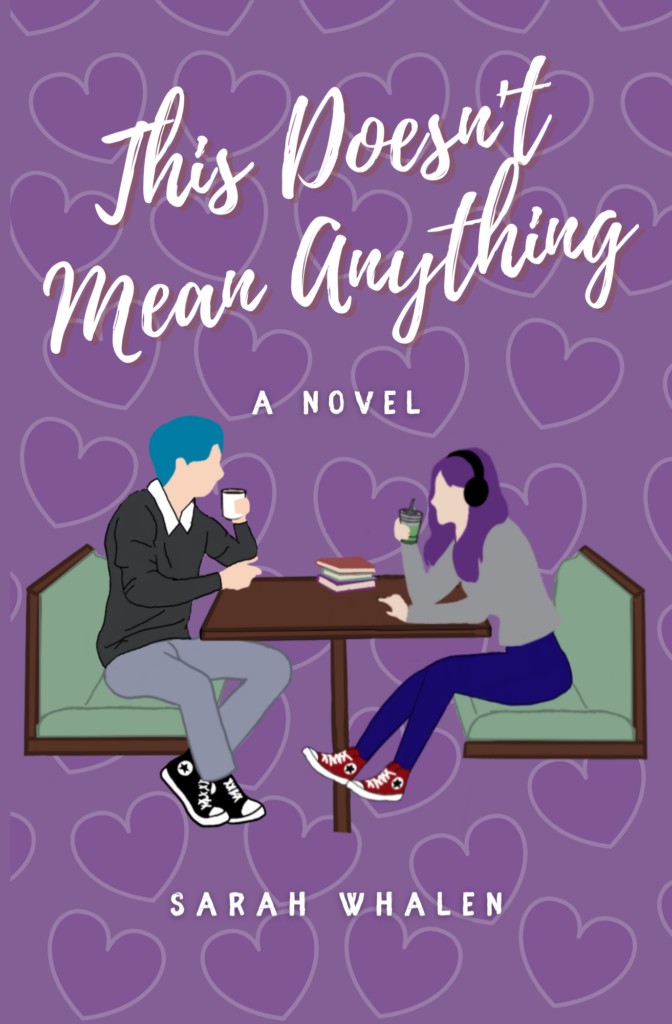
Many authors would say one of the most challenging parts of writing a book is finishing one. What strategies would you say helped you accomplish this??
Honestly, I would say that the hardest thing about writing for me personally is not letting the imposter syndrome get the best of me (which can hinder finishing or even editing in the first place). For me, I just have lots of different affirmations for myself, such as:
- Whatever I’m writing is the worst the book will ever be, and it can only get better from there.
- SOMEONE out there needs my words, and no one else can tell this story like I can. This is going to be someone’s favorite/comfort story one day, but it won’t be if I never finish.
- Past me would be so proud of how far I’ve already come.
- You can’t edit a blank page.
When the imposter syndrome got really bad, I used to have the impulse to delete my whole manuscript, so I’d end up leaving my laptop in a different room if the urge got really strong.
Growing up, were there any stories in which you felt touched by/ or reflected in? Are there any like that now?
I don’t think I ever felt particularly seen in any stories until I was a young adult. There are two books I’ve read in the past five years that made me feel SO seen. One was A Pho Love Story by Loan Le. I’m Vietnamese American, and it was incredibly refreshing to see a story about Vietnamese American teenagers that were allowed to just be YA characters while also experiencing the things I have, and even more so because it wasn’t a story about the Vietnam War. I think we tend to be reduced to that a lot in the media, and I used to have to settle for what little representation this offered.
The other book is Loveless by Alice Oseman – just to read about a sex-repulsed asexual character who desperately wanted to show that she DID experience love, just not in the way society prioritizes – I almost cried.
As a writer, who or what would you say are some of your greatest creative influences and/or sources of inspiration in general?
A lot of my stories and characters stem from me wanting to see things in books and realizing sometimes that means I have to do it myself.
What are some of your favorite elements of writing? What do you consider some of the most frustrating and/or challenging?
I honestly love being able to fall in love with my characters and think about them reacting to different situations. Reader reactions are some of my favorite things – I love getting messages from readers about This Doesn’t Mean Anything, because they remind me of who exactly I’m doing all of this for. It’s extremely validating (and sometimes entertaining if I get an angry message or live tweet thread).
Related to that is that it can be hard fighting through the imposter syndrome – especially because I don’t actually read reviews. I don’t check This Doesn’t Mean Anything’s Goodreads page because I try really hard to keep that boundary as an author. It means I don’t know if people actually like my work unless they reach out to me, and that’s definitely a Me issue that I’m working through.
Another thing is that non-writers truly have no idea what it’s like – whether that be the nuances of traditional publishing, the struggles of independent publishing, or even just the craft. Writing IS hard. It’s even harder when the people in your life don’t actually respect your work or they have some warped notion about how “easy” or lucrative it is.
Aside from your work, what are some things you would want others to know about you?
I absolutely adore interacting with fellow readers and writers, but I’m shy and almost never make the first move of swiping up on a story or DM-ing, but I will definitely answer if someone just wants to randomly message me about a book or something.
What’s a question you haven’t been asked yet but that you wish you were asked (as well as the answer to that question)?
I’ve always wanted someone to ask about which anime characters my characters are most like. Nick is DEFINITELY Loid Forger from Spy x Family – they’re both domestic overprotective mother hens and I love them. Christian has Aizawa from My Hero Academia energy – just Tired Dad figure.
What advice might you have to give for other aspiring writers?
Couple things – don’t “kill” your darlings, but “cryogenically freeze” them (stole that from Tumblr). Cut your words, but keep them in a separate document, because you never know what you can use in another project.
Write the self-indulgent fluffy love scenes even when you know it won’t see the light of day. It will help you remember why you love your story and your characters. (Plus – bonus content!)
If you’re stuck, the problem is probably about ten lines up.
And lastly…LEARN TO LET THINGS GO. You can’t always edit things. You have to learn to just stop editing and let things be. You’re gonna look back and think “why did I write it like that?” But you can’t let the desire to be “perfect” stop you from publishing in the first place. It’s how you grow as a writer.
Are there any other projects you are working on and at liberty to speak about?
I am CONSTANTLY working on a number of projects. There are three sequels to This Doesn’t Mean Anything (plus a novella!), a book I’ve been describing as The Illuminae Files x The Raven Cycle but with cryptids, a YA marching band book, another novella, and a supernatural story involving demon bargains.
Finally, what LGBTQ+ books/authors would you recommend to the readers of Geeks OUT?
SO many! I loved Ace of Hearts by Lucy Mason, Loveless by Alice Oseman, Tears in the Water by Margherita Scialla, I Am Ace by Cody Daigle-Orians, Refusing Compulsory Sexuality: A Black Asexual Lens on Our Sex-Obsessed Culture by Sherronda J. Brown, Forward March by Skye Quinlan, How to be Ace by Rebecca Burgess, Simon vs. the Homo Sapiens Agenda by Becky Albertalli, and How to be Remy Cameron by Julian Winters.

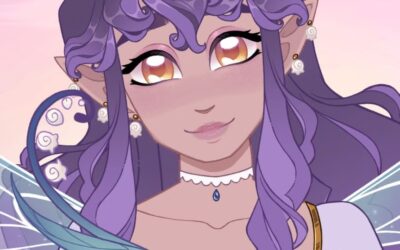
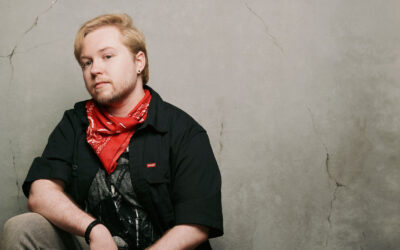
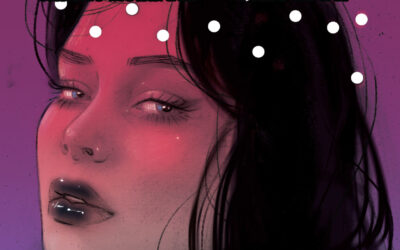
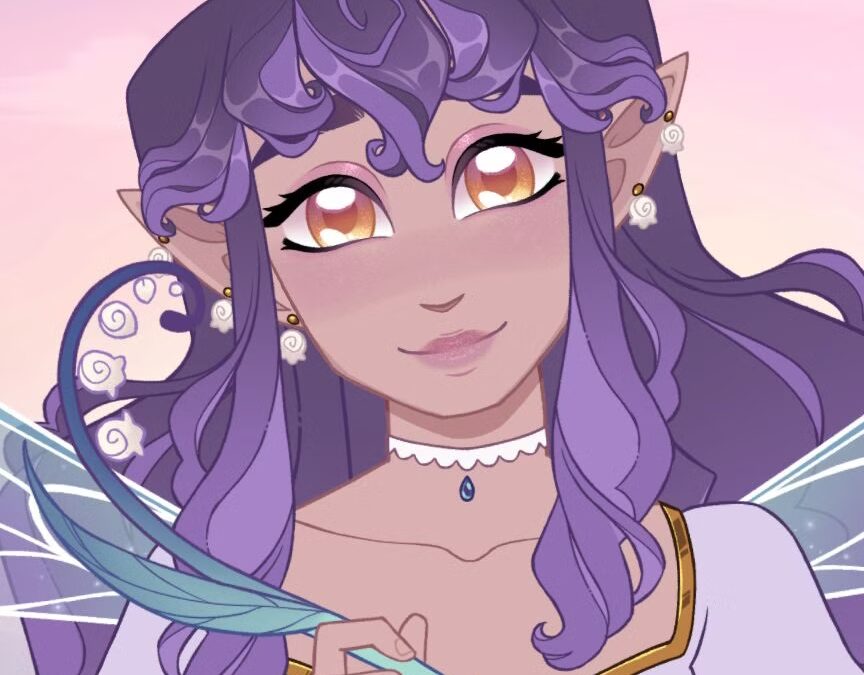
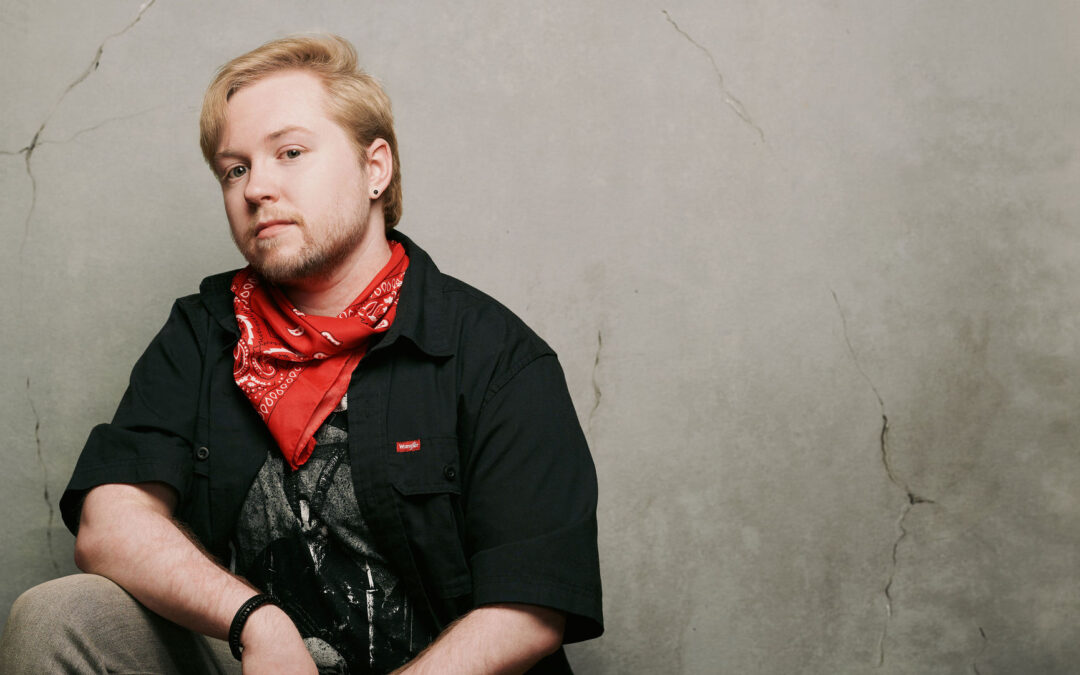
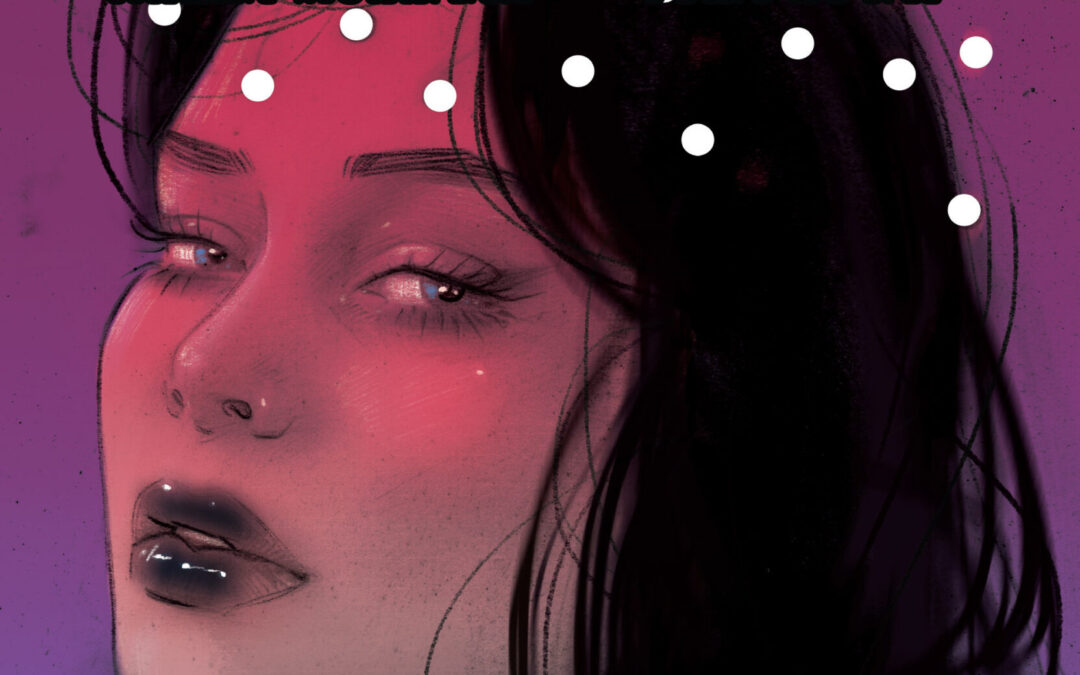
0 Comments